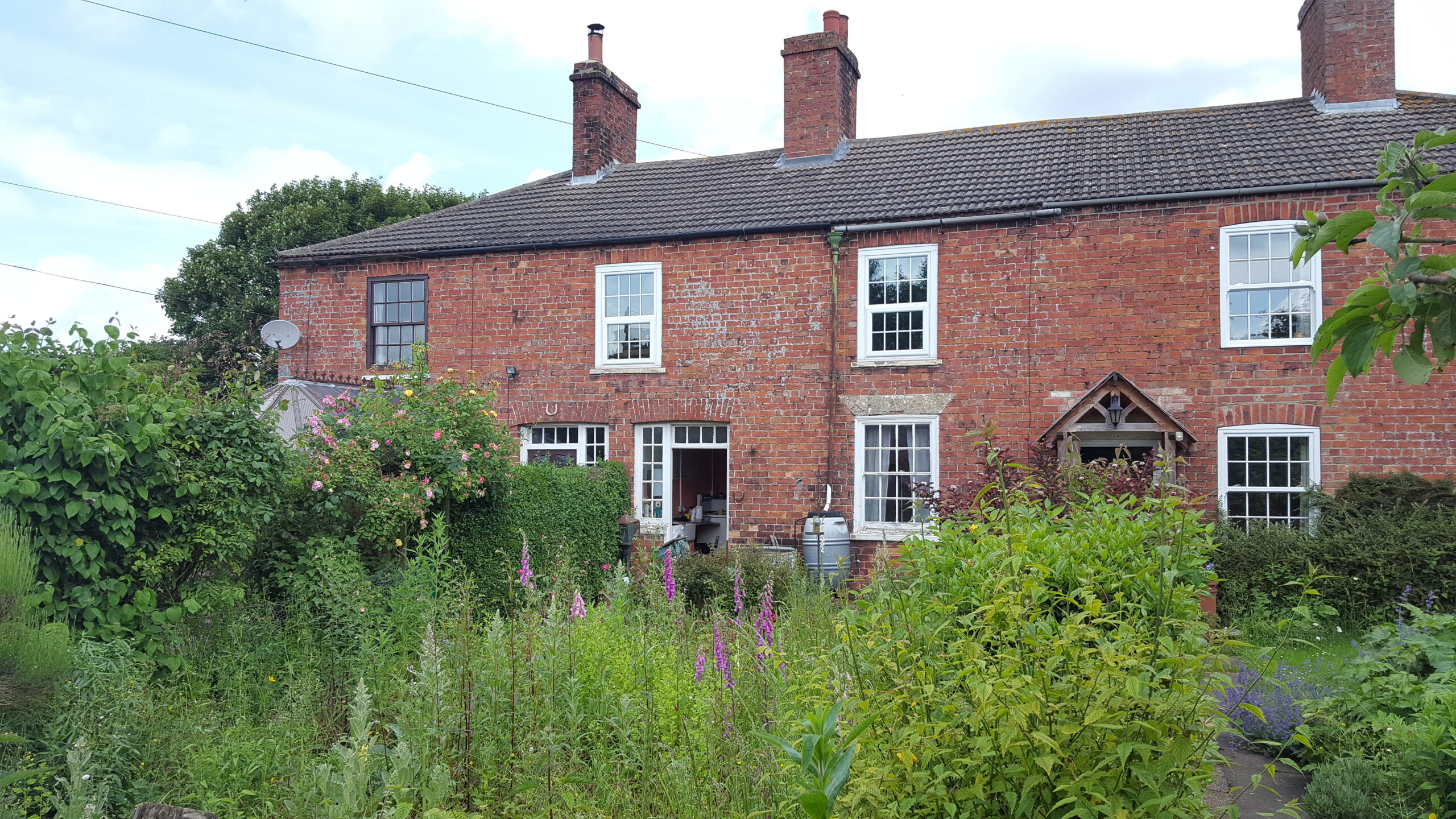Bona vacantia estates contributed more than £12m to the Crown in 2018-19, an increase on the previous year, although the number of new referrals declined slightly. The amount represents a sharp rise on the £7m paid in 2017-18, with the average value of an estate rising to just over £4,000 from less than £2,000.
An uptick in annual receipts can coincide with a fall in the number of referrals because it can take a number of years to realise the value of an estate, while the value of assets for estates can vary widely.
Nick Beetham, business development manager at Fraser and Fraser, says: “The phrase ‘bona vacantia’, literally meaning ‘ownerless goods’, describes the estates of deceased persons which fall to the Crown* in the absence of anyone with a better entitlement to inherit them.
“An example is where a person dies with no valid will and no surviving family members to inherit his or her estate on the intestacy. In these cases the estate will be administered in favour of the Crown by the Bona Vacantia Division (BVD) of the Government Legal Department (GLD). In many cases a person might have died intestate and without leaving any apparent surviving family members – or statutory next of kin.”
However, without making the necessary enquiries, it’s impossible to say with conviction that an apparently bona vacantia estate is genuinely so.
Nick adds: “The starting point is that such an estate will be inherited by surviving family members (at Fraser and Fraser this is our experience in more than 95% of apparently bona vacantia estates) unless and until the evidence shows otherwise. It’s simply a question of identifying and locating them.”
Intestate succession in England and Wales
When a person dies without having left a valid will their estate devolves according to the rules of intestacy. The pecking order of statutory next of kin is found in S.46 of the Administration of Estates Act 1925 (as amended), which provides detailed guidance. The pecking order of kin (without having regard to the statutory legacy) is as follows:
- The spouse or registered civil partner of the deceased, if surviving.
- Where there is no surviving spouse or registered civil partner, the issue of the deceased.
- Where classes 1 & 2 above are empty, the parents of the deceased.
- Where classes 1 – 3 above are empty, the siblings of the whole blood1 of the deceased**.
- Where classes 1 – 4 above are empty, the siblings of the half blood2 of the deceased**.
- Where classes 1 – 5 above are empty, the grandparents of the deceased.
- Where classes 1 – 6 above are empty, the uncles and aunts of the whole blood of the deceased**.
- Where classes 1 – 7 above are empty, the uncles and aunts of the half blood of the deceased**.
Where no member of any of the above classes of kin has survived the deceased (even if they have subsequently died themselves), the estate of the deceased will pass to the Crown* as bona vacantia.
What about referring cases to the Government Legal Department?
It can be tempting to refer cases like those mentioned above to the Bona Vacantia Division (BVD) of the Government Legal Department (GLD). However, referral ought not to be a default response. Instead, it should only be used when you know, rather than believe, that an estate should be referred there. On its website, the BVD sets out its policy regarding referrals to it as below.
Before you refer an estate
The BVD does not deal with estates where:
There is a valid will, even if the executor and beneficiaries cannot be traced or do not wish to deal with the estate.
There are known, or likely to be, entitled relatives who survived the deceased even if these have subsequently died, cannot be traced or do not wish to deal with the estate.
A recent statement from the BVD recently underlined the division’s policy on when to refer cases to it.
It stated: “Our position is that, as over 80% of estates referred to the Government Legal Department (GLD) each year are not bona vacantia, we should aim to give up the Crown’s interest in such estates as quickly as possible. Ideally, of course, our preference would be that these estates are not referred here in the first place as it is not appropriate that GLD is used as a tracing agency for missing kin or executors. Furthermore, it is our view that before anyone refers an estate to GLD they should be as sure as they can be that the estate is, in fact, bona vacantia.”
Fraser and Fraser’s Nick Beetham adds: “In any particular case, even where nothing at all is known about the family of the deceased and it is believed that there is none, it is overwhelmingly likely that entitled next of kin do exist and can be found. At Fraser and Fraser, our role is to identify and locate them.
“The position is clear – there is no need to refer a matter to GLD unless you are as sure as you can be that the matter is, in fact, bona vacantia and we can establish the true position quickly and easily.
In the highly unlikely event an estate is genuinely bona vacantia, we are happy to refer it to GLD on your behalf, unless you’d prefer to do so yourself.”
*or either of the Duchies of Cornwall or Lancaster as the case may be.
**And, where they have predeceased, their issue.
[1] Siblings of the whole blood share both parents with each other
2 Siblings of the half blood share one parent with each other but not both






 EXPLORE
EXPLORE